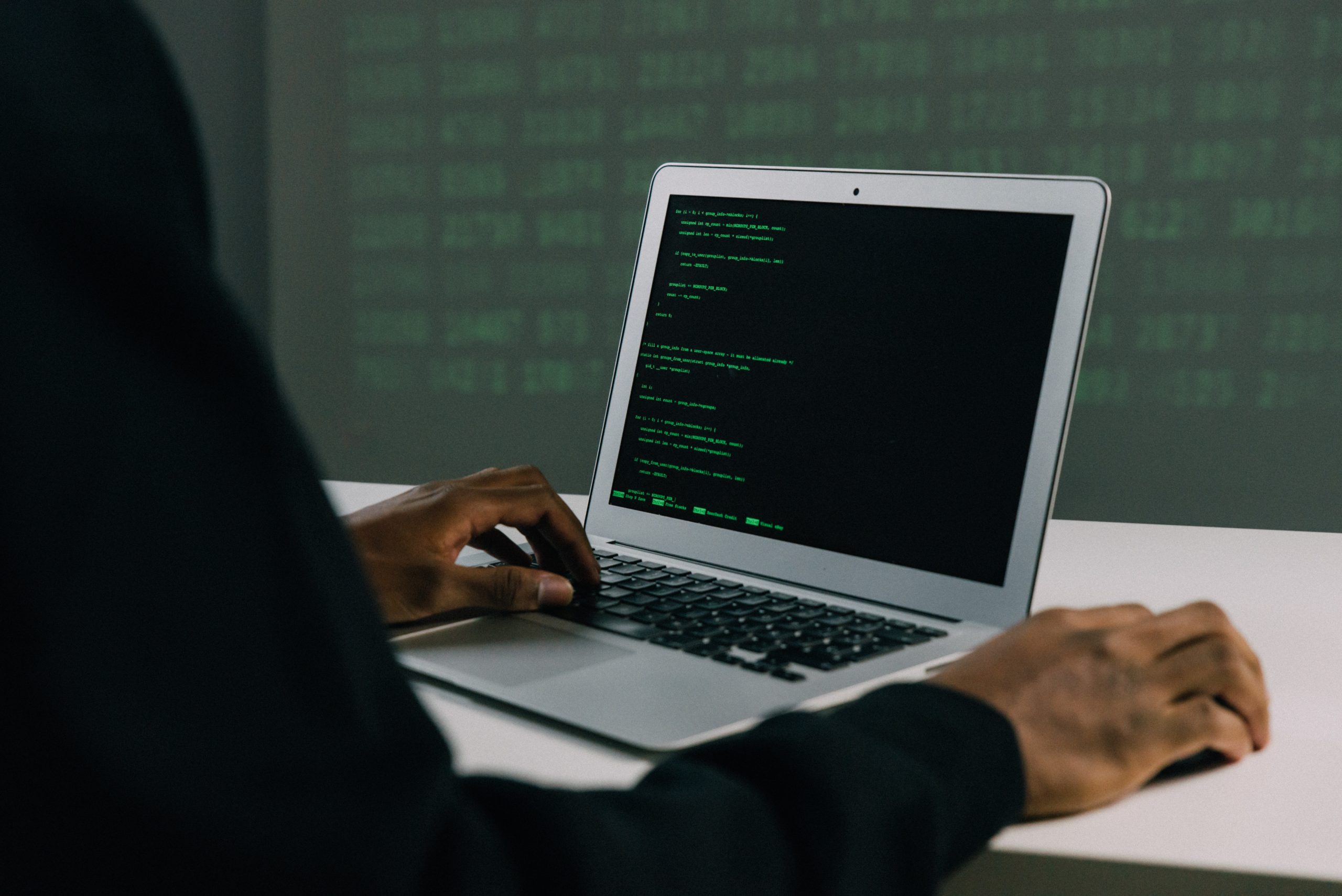The COVID-19 pandemic has forced many companies to change the way they operate. Although not much changed for some, others had to open up in order to allow their workers to perform remote work. It’s a safer way for everyone involved but working from home is not as simple as it seems.
Working remotely is not free of challenges. For example, some cybersecurity adjustments are necessary as you work from your home. This is because your safety might be at risk, especially if you don’t know how to protect your IP address and other relevant information. If you want to make sure you’re safe, keep on reading, and with the right strategy, you can make remote work fun and easy.

– Encrypt Your Network
If you don’t use a VPN while browsing the Internet, you are putting yourself at risk. Your browsing habits, IP address, and other information may be seen by some ill-intentioned people, and this could end up badly for you. Staying safe while working and protecting your private information is a must.
If you don’t protect your data by using a VPN, your information might be sold to 3rd parties. Not to mention that without protection, you can even be the victim of identity theft. You give hackers the chance to steal your information and use it for their own benefit while causing you a lot of trouble.
Therefore, a VPN is the best and easiest way to prevent this unwanted scenario. You should try a free VPN trial as it will encrypt your information and make sure ISPs are not looking into your online activity.
– Use Separate Devices
Many people tend to use the same device for work, to pay bills, play games, and so on. This could be an issue. Your home laptop may not have the right type of protection. Apart from that, it’s not the best option if you have other family members who are using the same laptop.
Using your home laptop for both personal and business purposes could put very sensitive business data at risk of being stolen. Cybercriminals see laptops and computers used for work and personal use as better targets and will do whatever they can to take away sensitive information from you.
The best idea would be to use one device for personal matters and another one for work. The first one will be for watching movies, playing games, paying bills or anything else you may need to do, while the work one will be used just for your job.
– Use Strong Passwords
Short, simple passwords are not the way to go. Yes, they are easier to remember, but any account of yours can be put at risk if your password is short and you picked something like your name or birthday.
By doing this, you’re only giving hackers a free ticket to your accounts. They’ll use this opportunity to steal valuable information from you. Not only is it possible for them to gain access to your devices and accounts, but they might also be able to get your card information and use it to perform transactions.
Choosing strong and complex passwords will keep you safe from such risks. The passwords should be lengthy and contain lowercase and uppercase letters, numbers, and special characters. Also, don’t use the same password for every account you have. Make sure you create various strong passwords, one for each account.
– Stay Away from Phishing Scams
With the pandemic making such a great number of people work remotely, cybercriminals are taking advantage of the situation. One of the scam methods they use is to send phishing emails. They send emails meant to spark people’s interest by talking about the pandemic and other related topics, pretty much convincing them to click on embedded links.
Clicking on these links will have a destructive effect on your computer and all the accounts you’re accessing on it. The link might release malware in your computer system or open the doors for the hacker and make it possible for your private data to be stolen and used in malicious ways.
You should be very careful when checking your emails, as scammers now send emails that look very similar to those from trusted companies. They will make your life hard if they get their hands on important information that belongs to you. So, you should refrain from clicking on any link you see in strange emails. The more cautious you are, the better.
Conclusion
Working remotely is hard for some people and a relief for others, but it can definitely put your data at risk if you’re not being careful. Make sure to encrypt your network, stay away from phishing scams, create strong passwords, and use separate devices for work and personal use. It will improve your cybersecurity while you work remotely.
